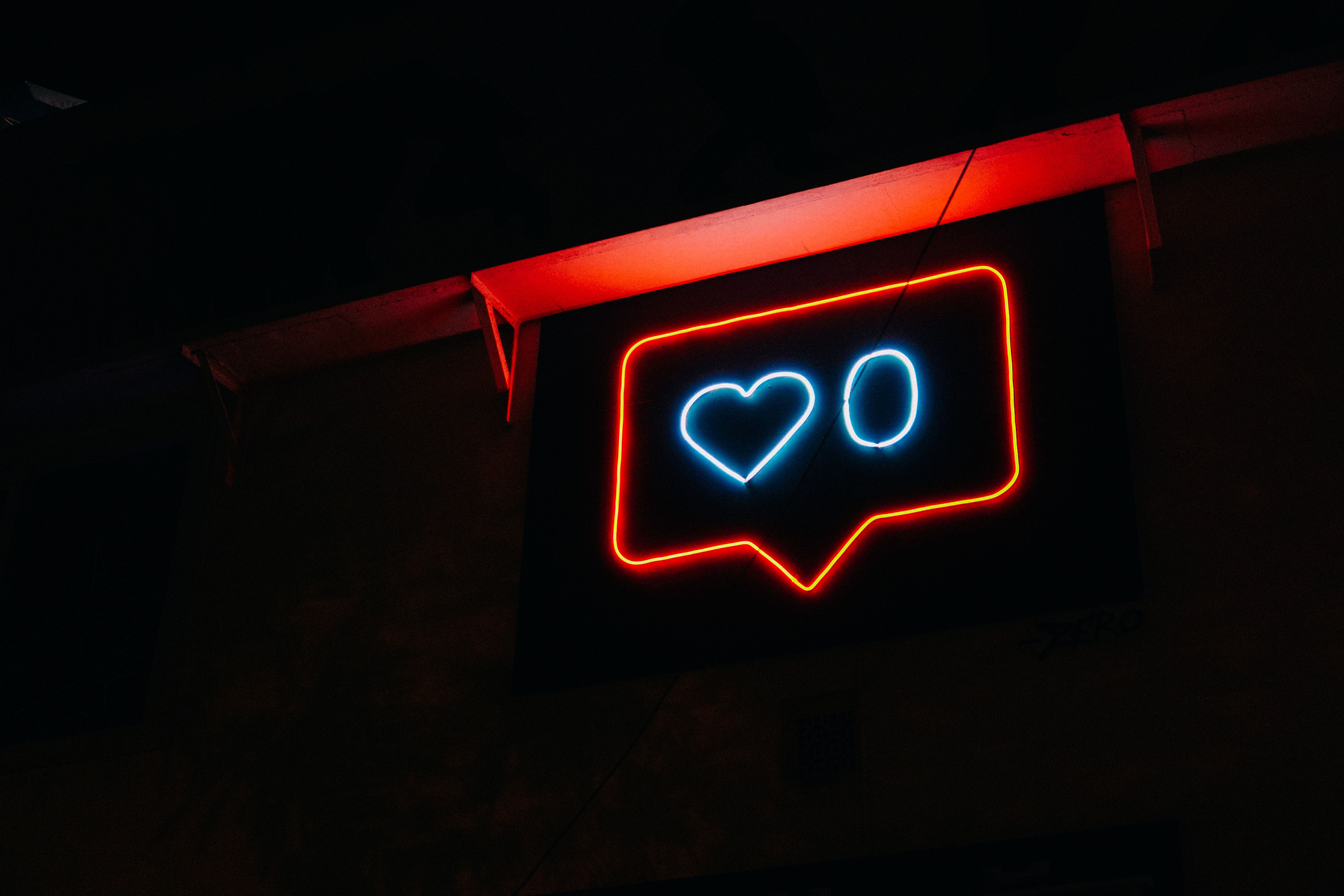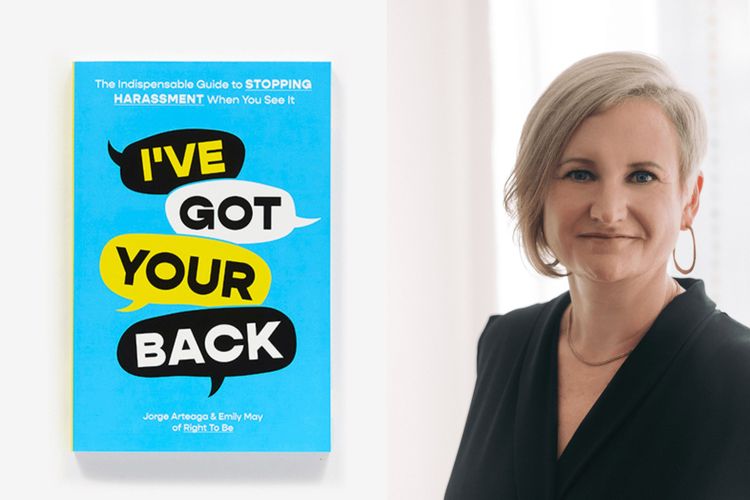
Oct 25, 2022, 1:00 am UTC
6 min
Created By
6 Tools to help you prevent or deal with online harassment
Listen to this blog post
The statistics are clear: If you’re a woman, you have probably experienced online abuse simply because of your gender. And if you haven't faced it personally, you have a friend, colleague, or close family member who has.
Psychologists have been studying the connection between mental health and online discrimination since the advent of the world wide web. They know who is most at risk: women, people of color, religious minorities, and other marginalized groups.
For those it touches, online harassment can have devastating consequences. On a societal level, it forces women into silence or out of the professional and public sphere. On a personal level, mental health suffers.
But there are still many unanswered questions about it. Are some forms of discrimination and harassment especially damaging? Do some platforms exacerbate the problem more than others? Why? What are the most effective solutions to online harassment? And, how can we help victims recover?
This post will guide you through the ins and outs of online discrimination, including the different forms it can take, how to stay safe online, where to turn for help. We will look at resources designed to limit our exposure to online discrimination and provide support when online harassment and abuse hit their mark.
But first, let’s be clear. Governments, tech companies, and civil society need to step up their response to the threat of online discrimination and the impact it is having on women’s lives. But they are playing catch up. Trolls and other perpetrators are already inflicting harm daily. That puts the onus on women to find ways to protect themselves online.
Learn to Recognize and Name Online Discrimination
What exactly is online discrimination, and what forms does it take?
Online discrimination, harassment, and abuse include a variety of tactics targeting a person or group based on their gender, appearance, ability, sexual orientation, race or ethnicity, religion, etc. The goal varies from incident to incident, but it is usually to embarrass, humiliate, scare, threaten, silence, or extort the person being targeted.
The Women’s Media Center, a U.S.-based non-profit founded by Jane Fonda, Robin Morgan, and Gloria Steinem that supports women and girls in the media, has a webpage dedicated to describing the evolving tactics and malicious behaviors that fall under the banner of online harassment.
What's clear is that it can be carried out through text messaging, social media, email, or any other interactive online platform. In fact, organizations like the World Wide Web Foundation are already calling for action to keep people safe in the metaverse. The thinking goes that these immersive virtual worlds may magnify the experience of discrimination, harassment, and abuse.
Where to Get Help Immediately
Games and Online Harassment Hotline (USA only) is a free, text message-based, confidential emotional support hotline for the gaming community, including players, developers, streamers, and competitors.
What it offers:
• Chat support from a trained hotline agent.
• Additional resources and referrals.
Other helplines, such as Bullying Canada (Canada only) and Kids Help Phone (Canada only), can assist with cyberbullying and other forms of online harassment.
Learn How to Stay Safer Online
Online SOS is a U.S.-based non-profit providing people with information and tools to take action in the face of online harassment. It was founded by Liz Lee, a victim of online harassment. She teamed up with a mental health professional and software developer to spur change.
What it offers:
• Guides on keeping yourself, your loved ones, your job, and your reputation safe.
• Action plans based on the type of harassment.
Speak Up and Stay Safe(r): A Guide to Protecting Yourself from Online Harassment is a digital safety guide, especially for women, people of color, trans and genderqueer people. The guide was created by a trio of women who have been targeted by individuals, groups, and cybermobs online. It is available in English, Spanish, and Arabic.
What it offers:
• Suggestions for preventing online harassment and security problems.
• Recommendation on how to document and report online harassment.
• Advice on how to care for yourself.
Consumer Reports Security Planner is a free guide to staying safer online. Security planner was launched by the Citizen Lab, an interdisciplinary research group based at the University of Toronto, in 2017. It became part of Consumer Reports, the not-for-profit best known for its product reviews, in 2020.
What it offers:
• Customized recommendations: Answer questions about your digital devices, your goals, e.g., locking down your social media profile, and the immediacy of your problem to customize the guide.
• Categories include browsing, computers, personal safety, online accounts, internet connection, private communications, smartphones, finances, etc.
Limit Your Exposure to Online Abuse
Block Party is an app that filters out unwanted mentions on Twitter. The anti-harassment tool works in any language. It has a free, basic plan for Twitter users, plus subscription options, including gift subscriptions.
What it offers:
• Filters that block unwanted keywords, mentions, and accounts.
• Helper view lets a trusted individual assist you.
Where to Get Support
HeartMob by Right to Be is an online community to support people experiencing online harassment. It was launched by Right to Be (formerly Hollaback!) in 2016 in recognition of the growing threat of online harassment and redeveloped in 2020. HeartMob is working with researchers to gauge the impact of the platform on community members.
What it offers:
• A place to share your story of online harassment.
• Messages of support from vetted bystanders.
• Help to document and report online harassment.
• Guides to digital and social media safety, self-care, and other resources.
Watch for the relaunch of a new and improved HeartMob in the near future — and check out our Q&A with Right to Be's co-founder and CEO, Emily May. She talks about what makes online discrimination so powerful and tactics to defend against it.


